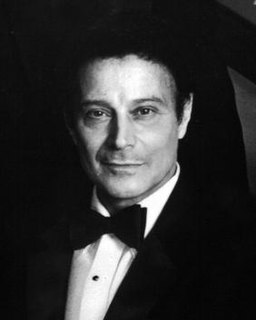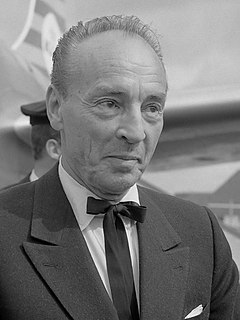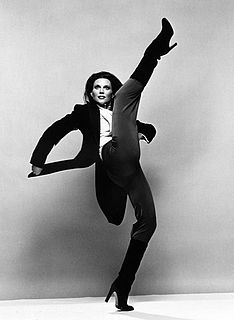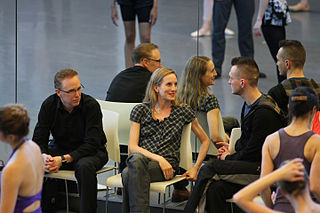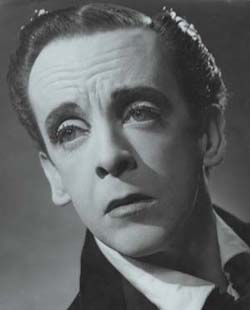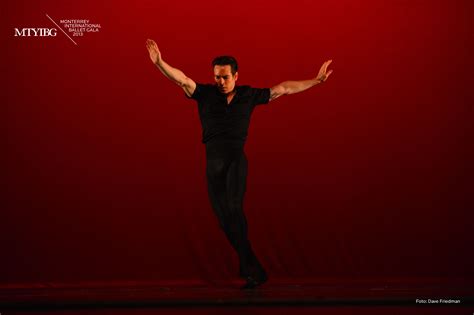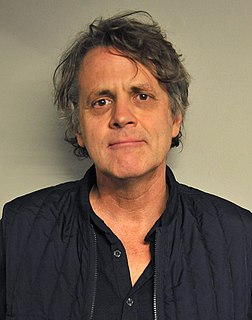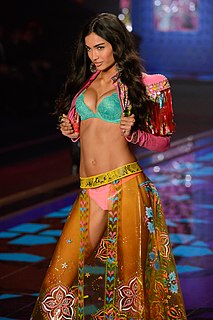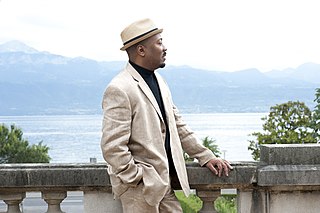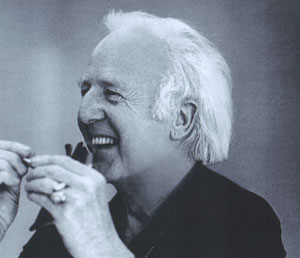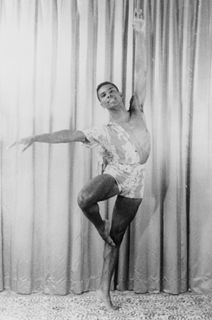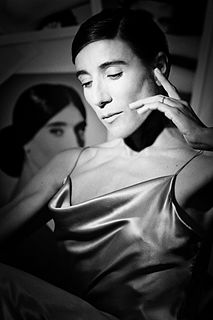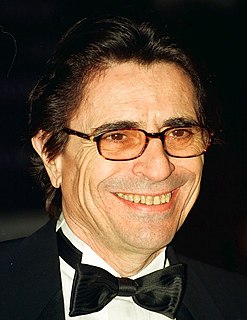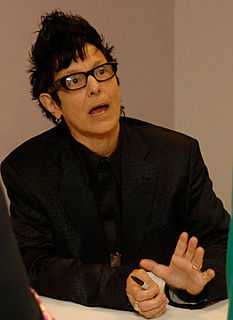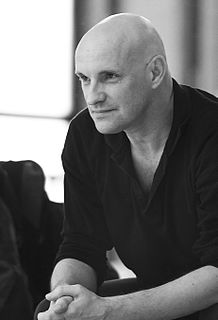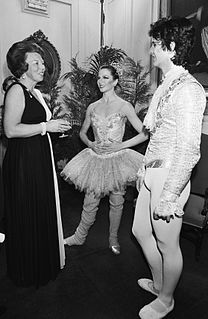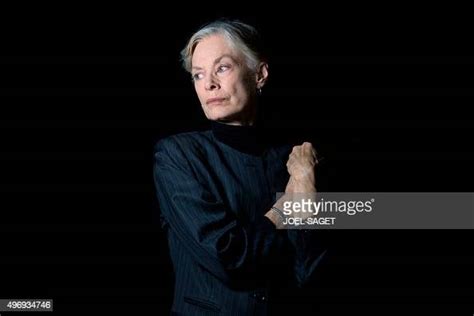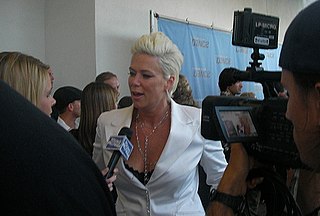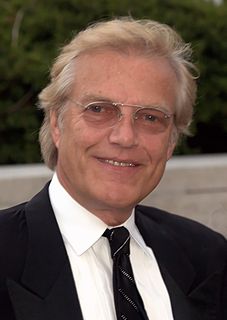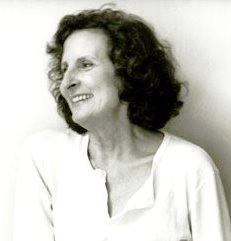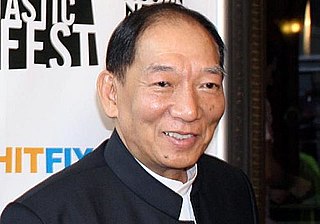A Quote by Gerald Arpino
The choreographer cannot deliberately make a ballet to appeal to an audience, he has to start from personal inspirations. He has to trust the ballet, to let it stand on its own strengths or fall on its weaknesses. If it reaches the audience, then he is lucky that round!
Related Quotes
We must first realize that dancing is an absolutely independent art, not merely a secondary accompanying one. I believe that it is one of the great arts. . . . The important thing in ballet is the movement itself. A ballet may contain a story, but the visual spectacle . . . is the essential element. The choreographer and the dancer must remember that they reach the audience through the eye. It's the illusion created which convinces the audience, much as it is with the work of a magician.
Put in every joke that's not a dud and then let's just start pulling the ones that work the least. You're just constantly sifting until you're left with the biggest chunks of gold. The audience also tells you what some of those chunks are. You can have your own favorites, and then, once you screen it for an audience, the audience tells you what they're entertained by. I feel like that's a big part of it.
Well, in our industry it's that the movies cost so much money to make they have to appeal to a broad audience. And I think that's part of what will loosen up in the future, as technology makes it cheaper, you'll be able to make films for a more selective audience. I think people will be able to make more personal movies.
